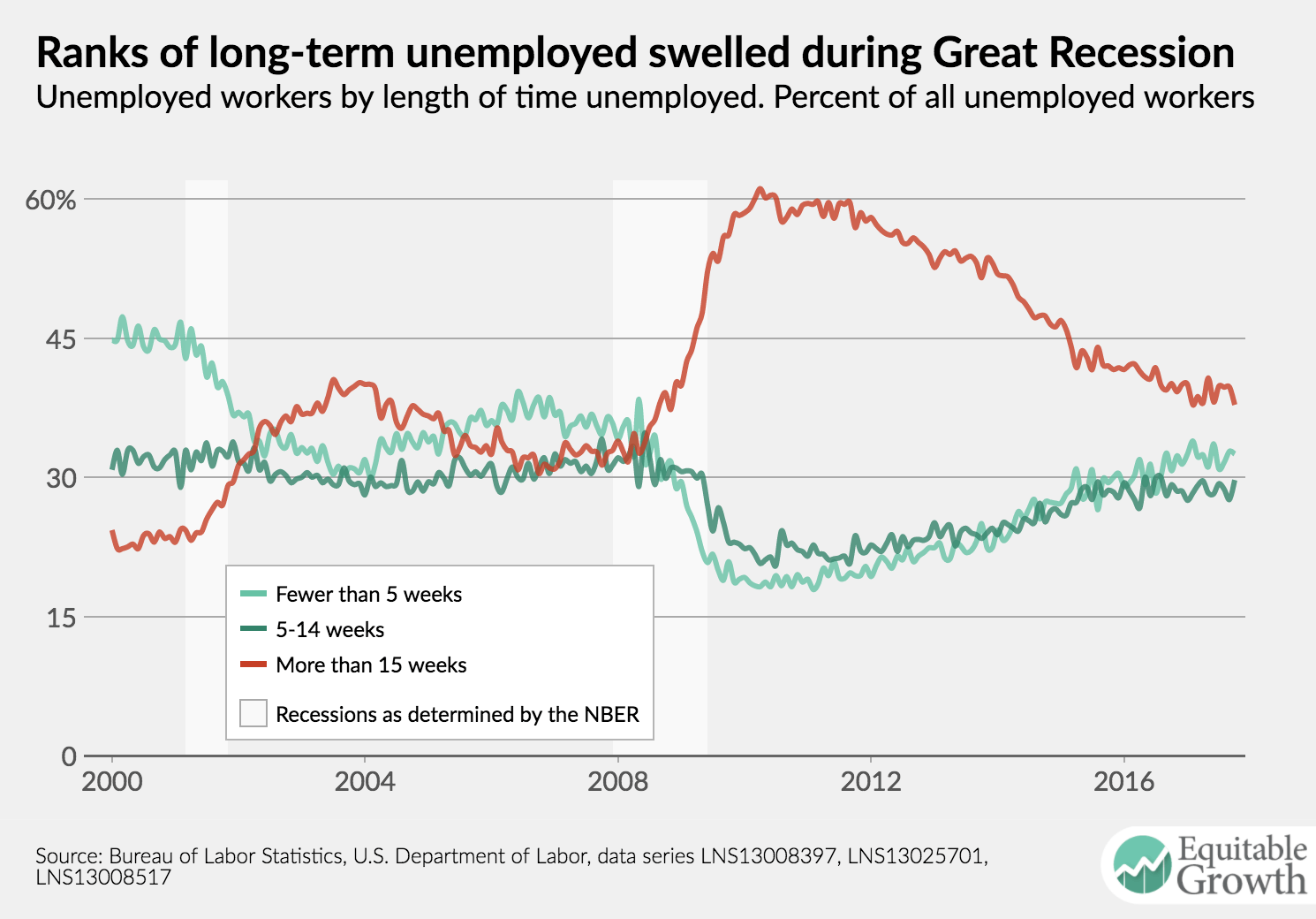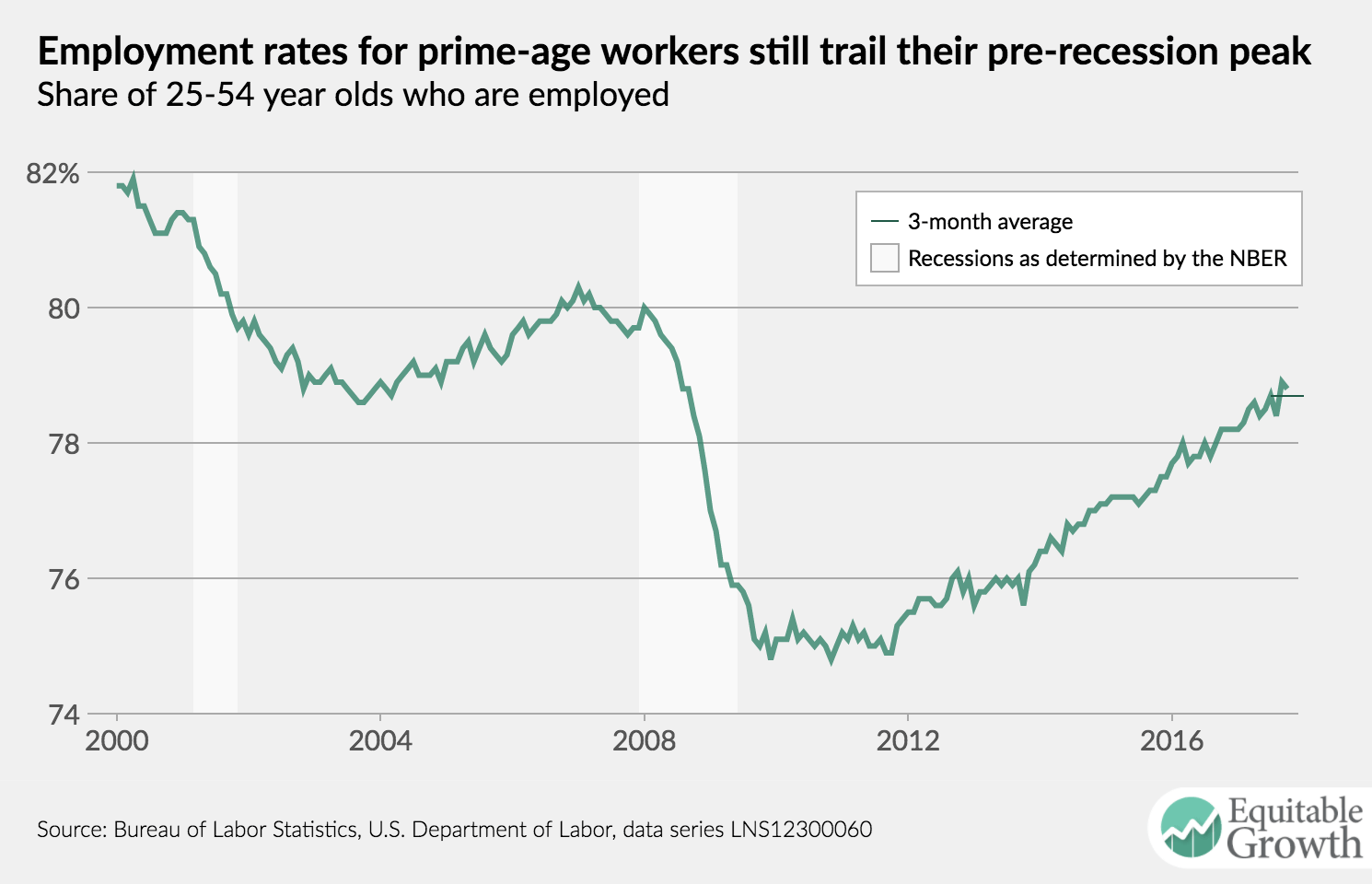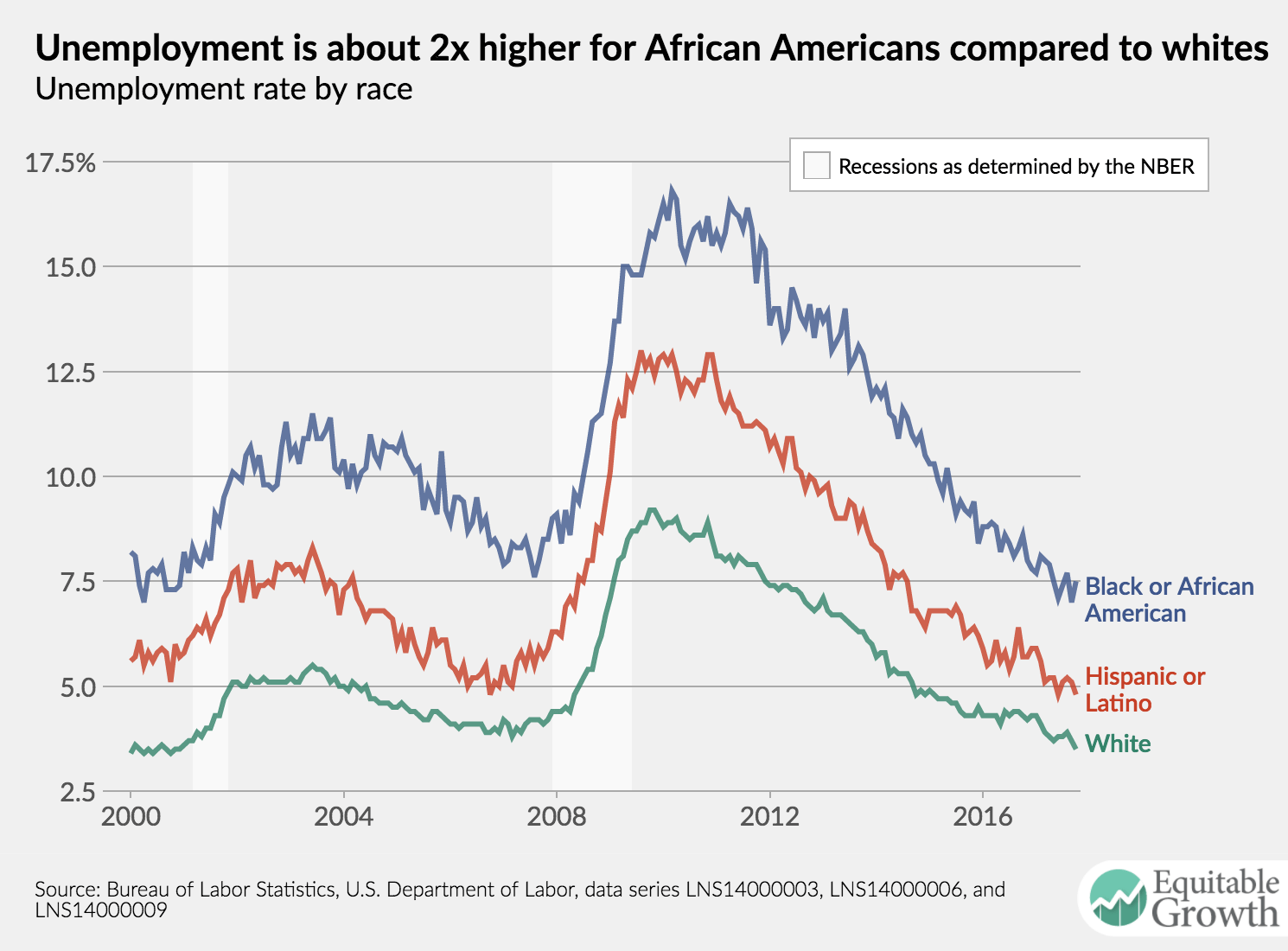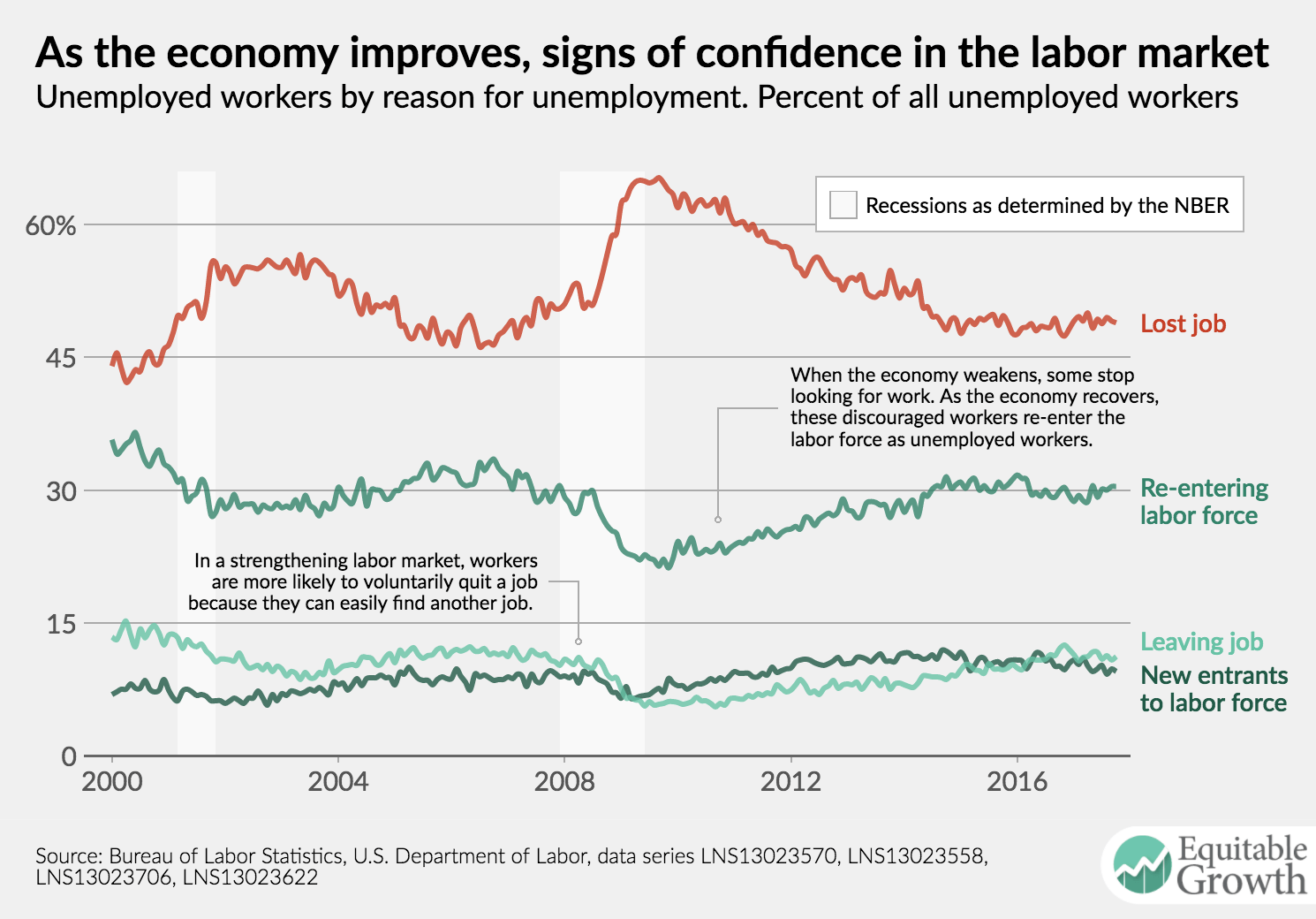This is a weekly post we publish on Fridays with links to articles that touch on economic inequality and growth. The first section is a round-up of what Equitable Growth published this week and the second is the work we’re highlighting from elsewhere. We won’t be the first to share these articles, but we hope by taking a look back at the whole week, we can put them in context.
Equitable Growth round-up
“Given the extent to which every individual’s life is intertwined with the economy, the need to increase diversity in economics is not just about fairness or productivity within the ivory tower,” writes Bridget Ansel.
What does political independence for the Federal Reserve mean? A central bank needs to be held accountable, but backseat steering might not be the best way to promote both maximum employment and stable prices.
Before the text of the new House Republican tax plan was released, Greg Leiserson and Jason Furman wrote for Vox about how the distributional impact of the bill will be hard to calculate without knowing how it’ll be paid for.
The U.S. Bureau of Labor Statistics released the Employment Situation report for October this morning. Check out five key graphs from the new data compiled by Equitable Growth staff.
Equitable Growth released our latest Request for Proposals for our competitive grants program. Check it out, especially if you’re a researcher with an interesting in economic inequality and growth.
Links from around the web
Next month will mark 10 years since the beginning of the Great Recession. Annie Lowrey takes a look at the potential policy response to the next recession and isn’t reassured by what she finds. [the atlantic]
Matt Ygelsias writes about a new letter Senator Cory Booker (D-NY) sent to antitrust officials about monopsony power. The senator wants regulators to consider the impact of competition on the labor market. [vox]
Izabella Kaminska sits down with Adair Turner about the changes in the financial system, including peer-to-peer lending and crypocurrencies. [ft alphaville]
Who benefits from a cut in the U.S. corporate income tax? Economists Juan Carlos Suárez Serrato and Owen Zidar summarize their research trying to answer this question by looking at how readily corporations move across the United States. [microeconomic insights]
Millennials are constantly hopping between jobs, right? No. They are not. Research shows this generation is not more likely to skip between employers as previous generations. [the economist]
Friday figure

Figure from “Equitable Growth’s Jobs Day Graphs: October 2017 Report Edition.”





